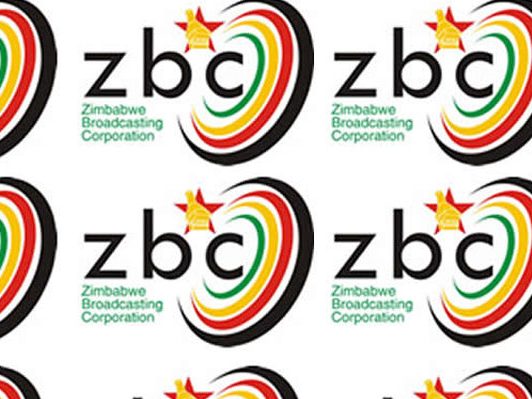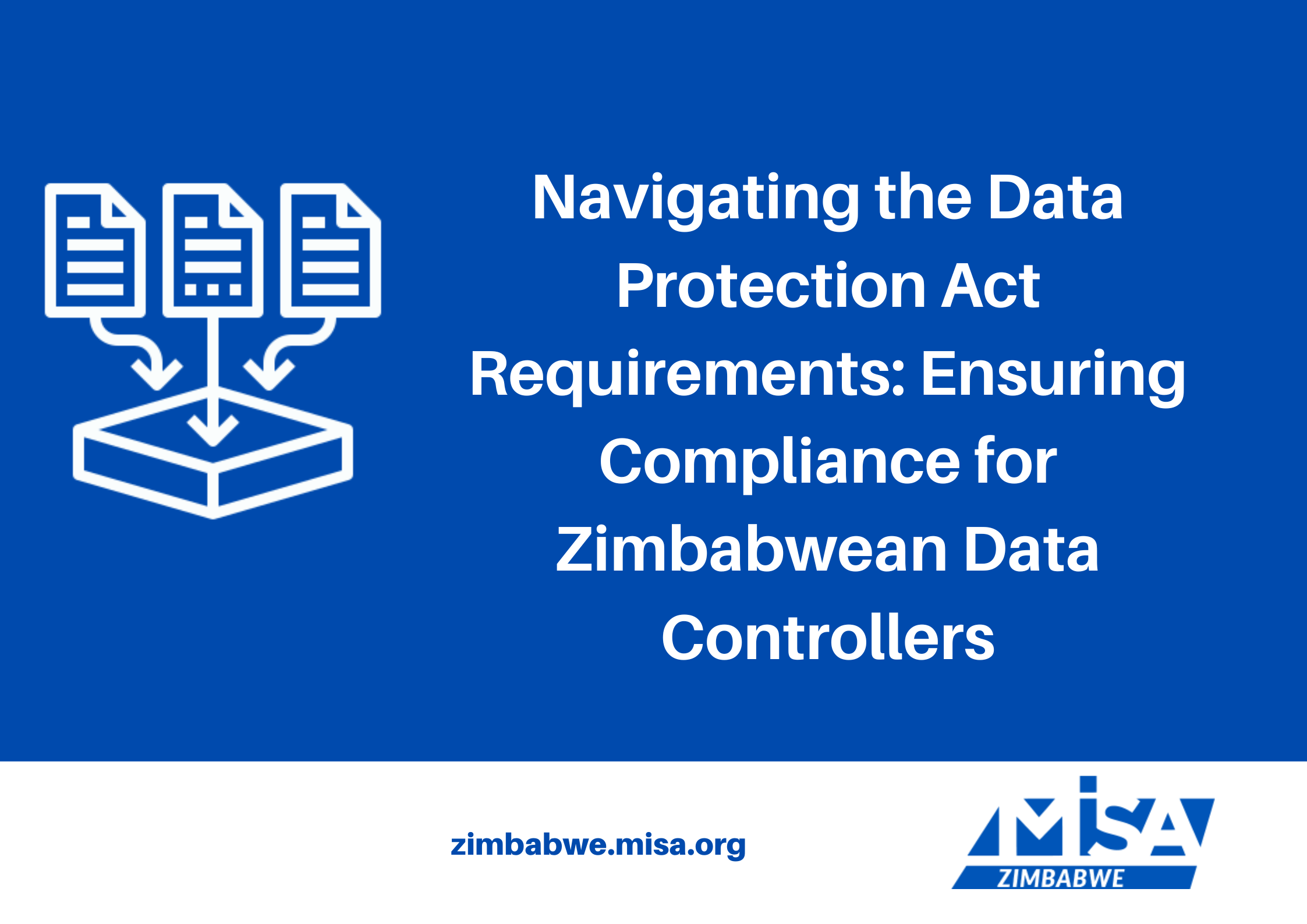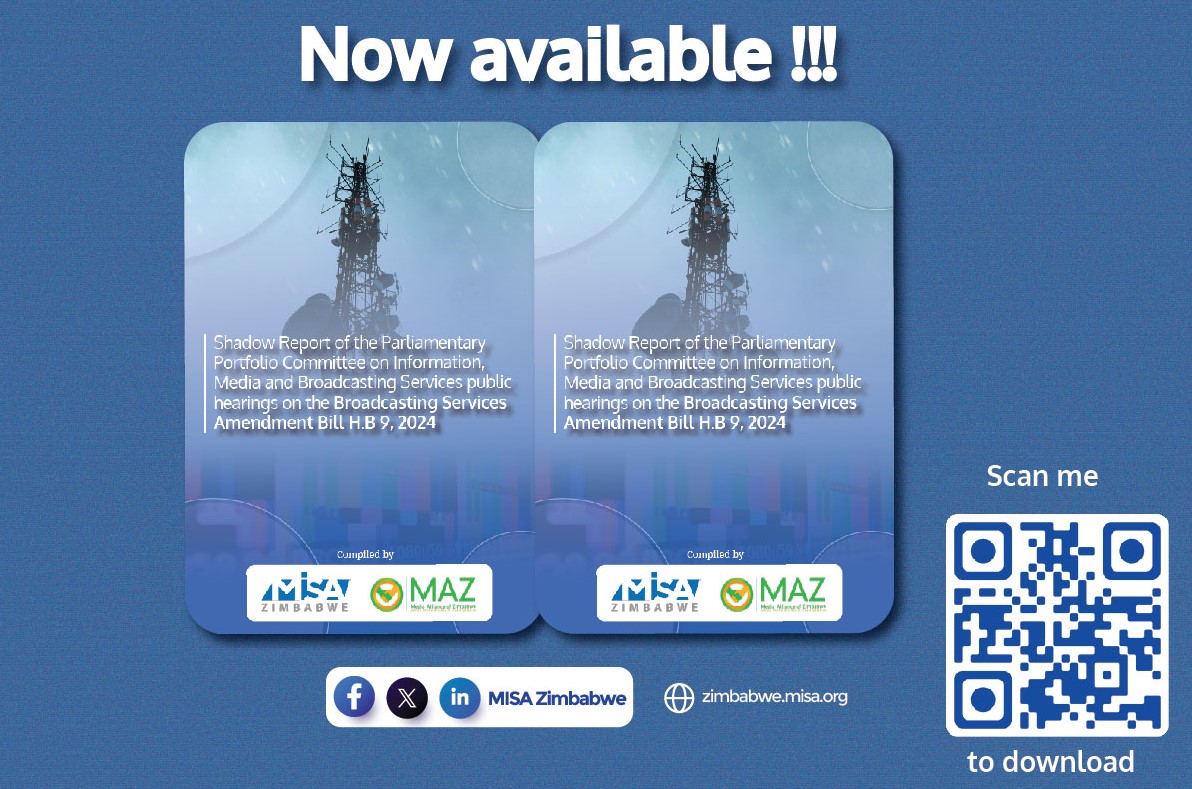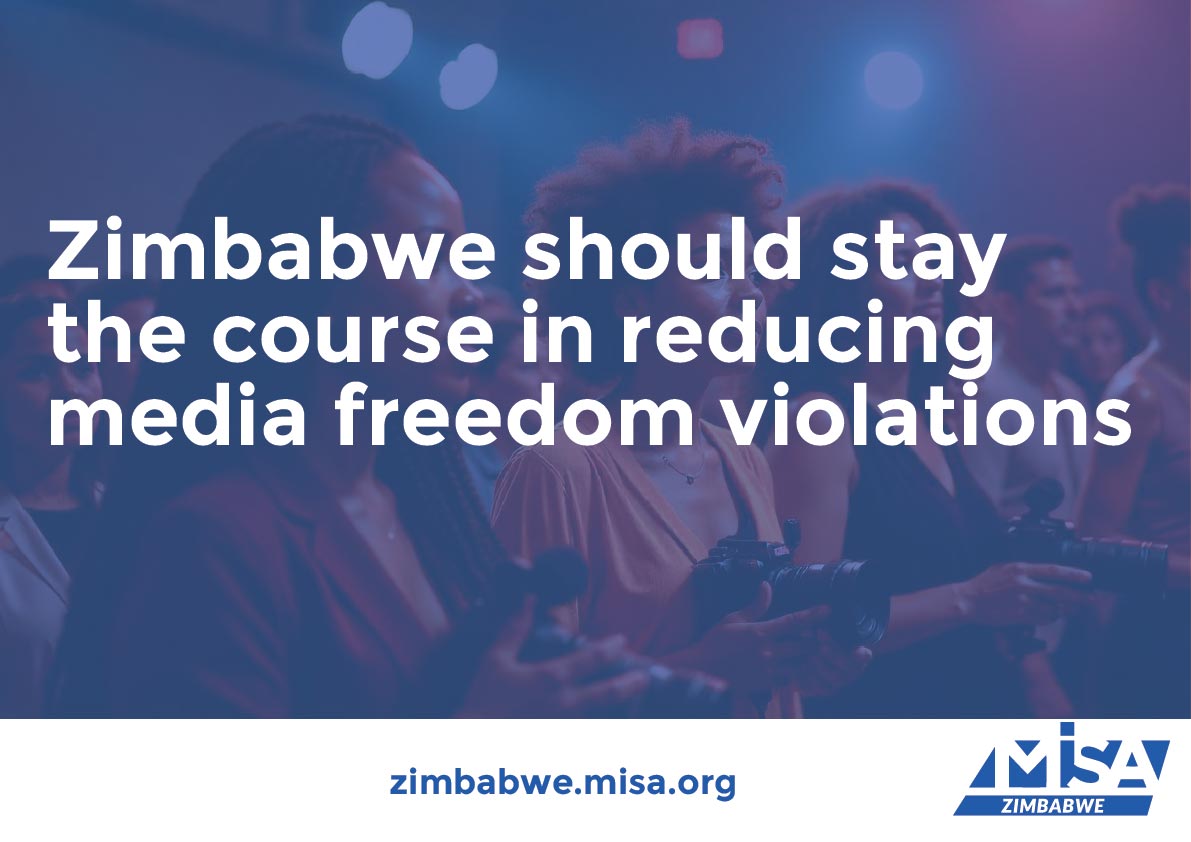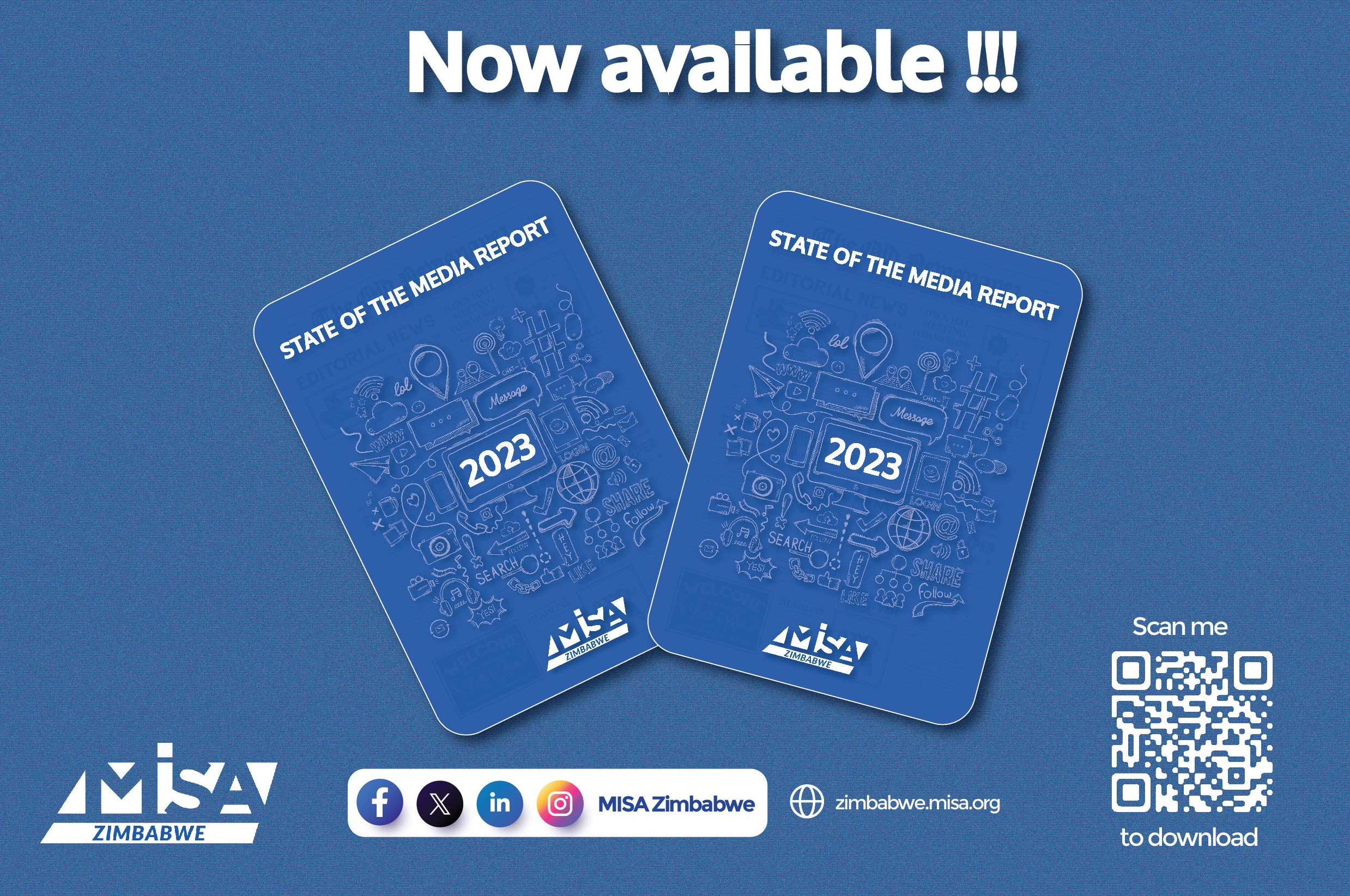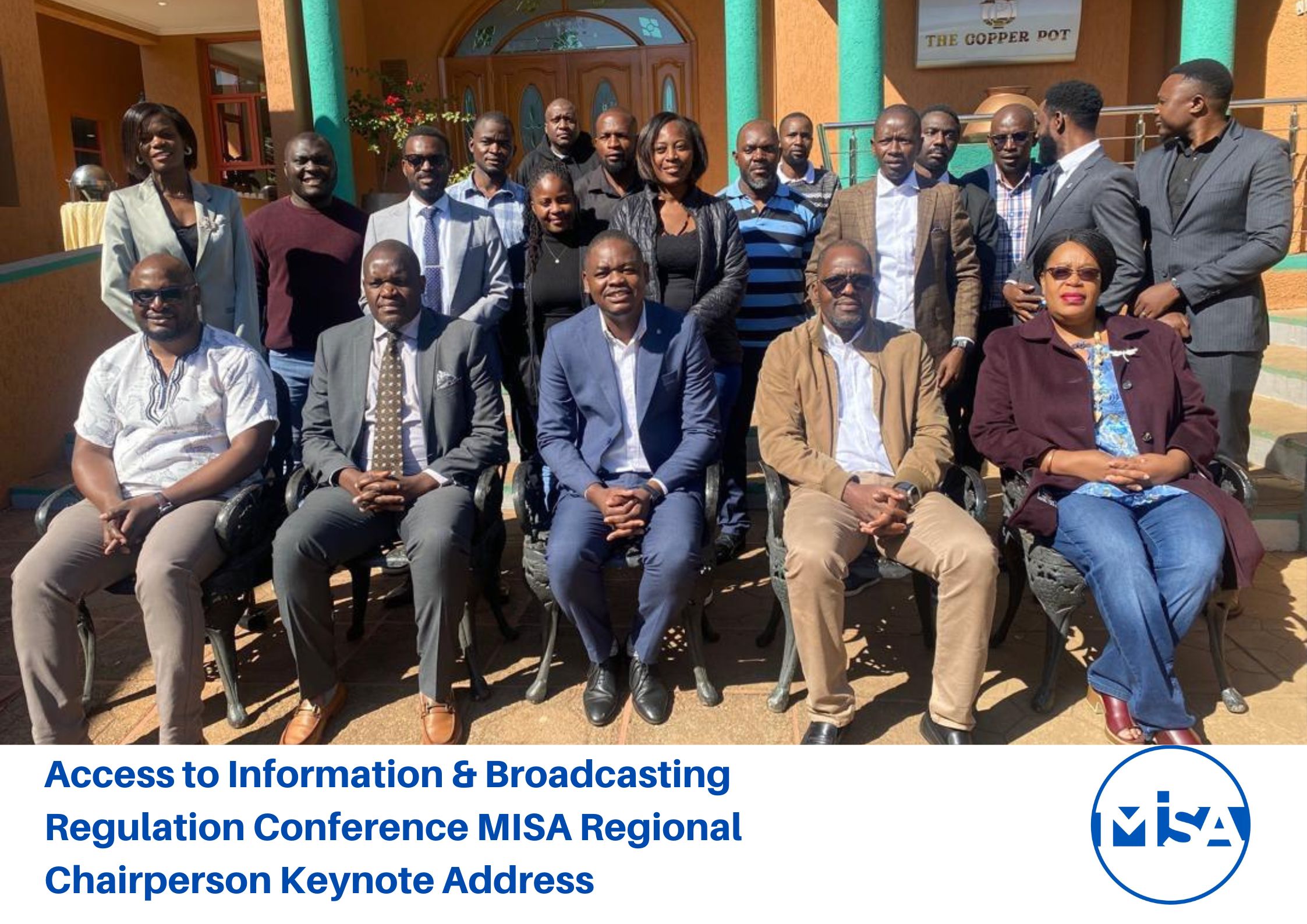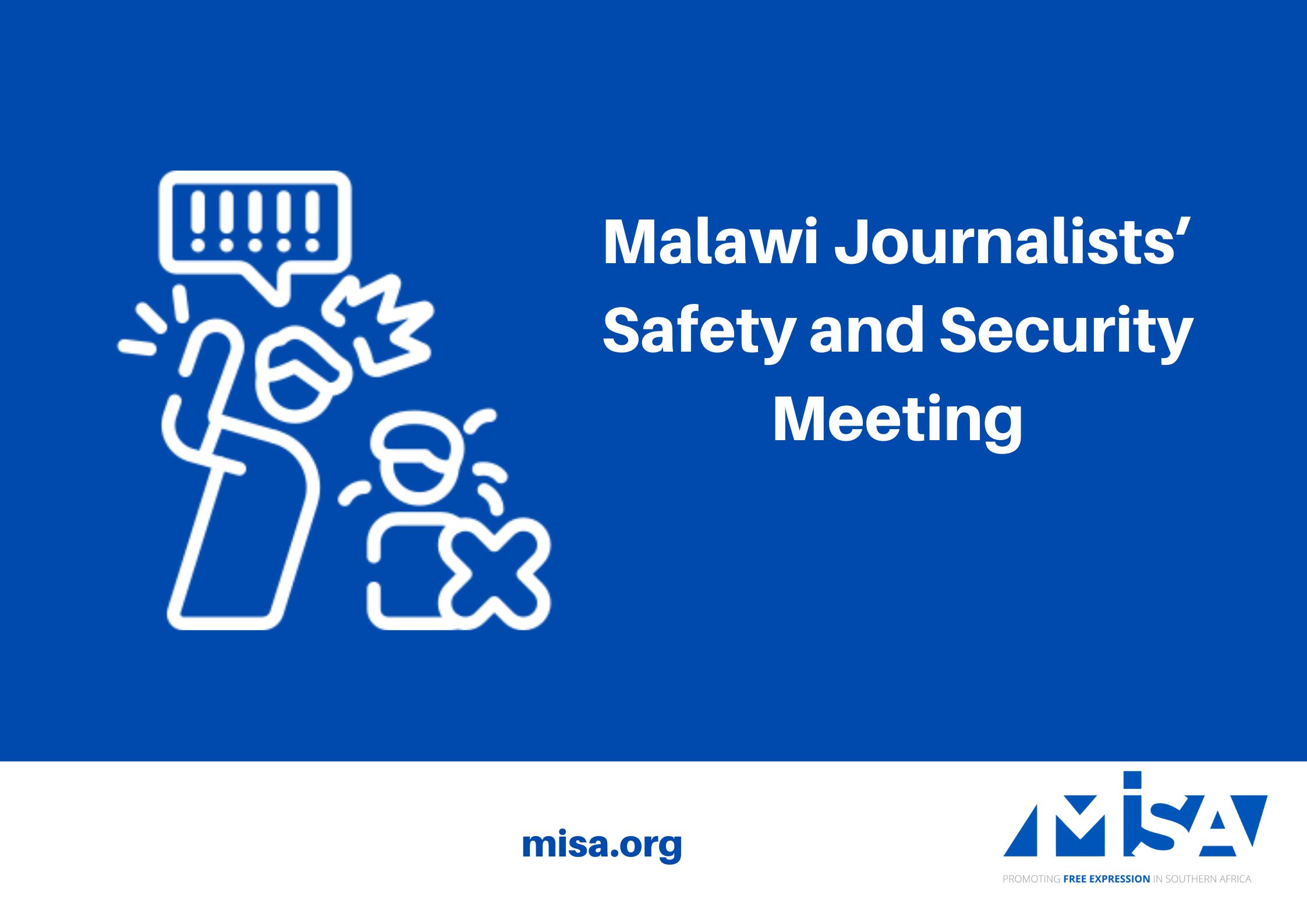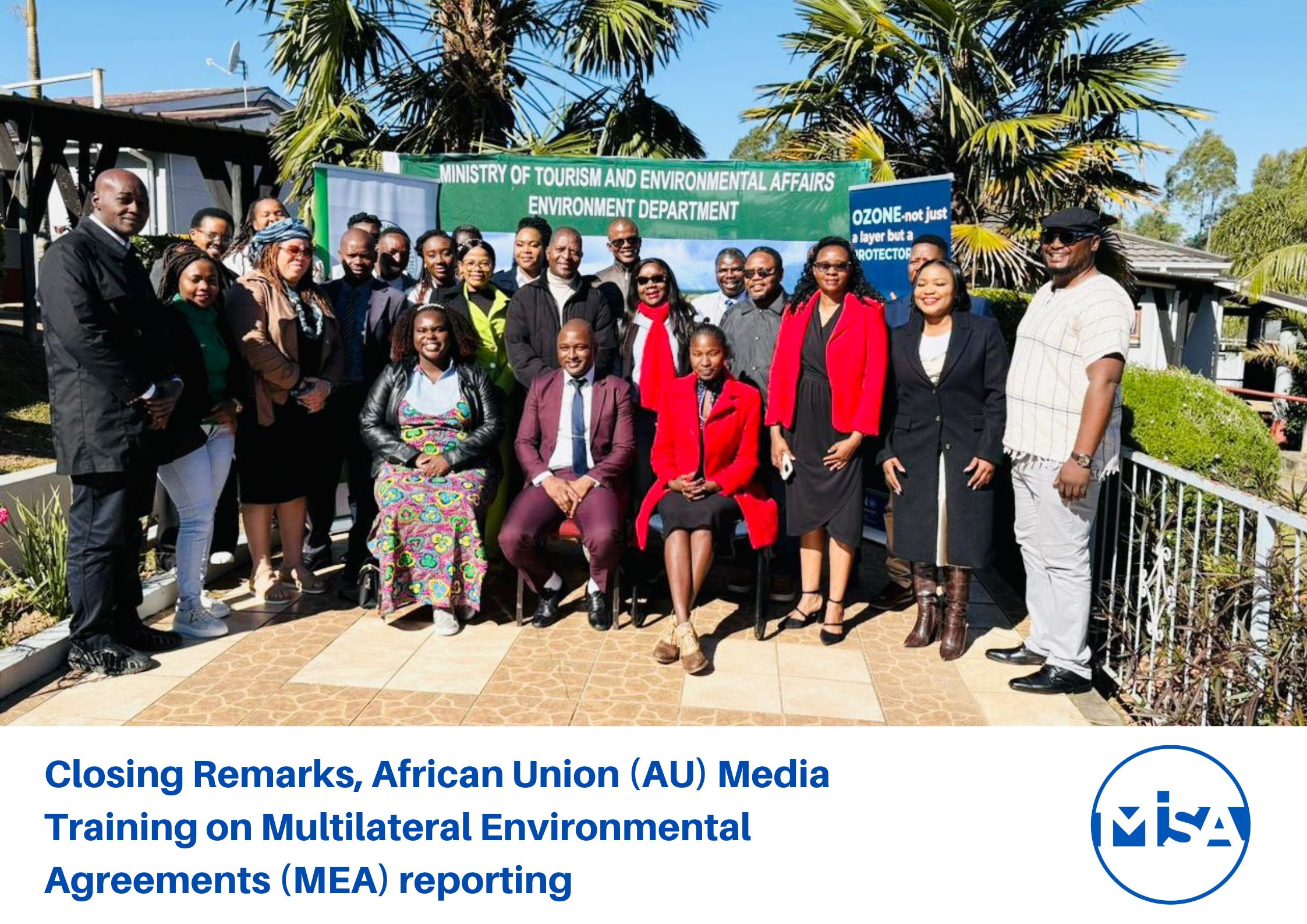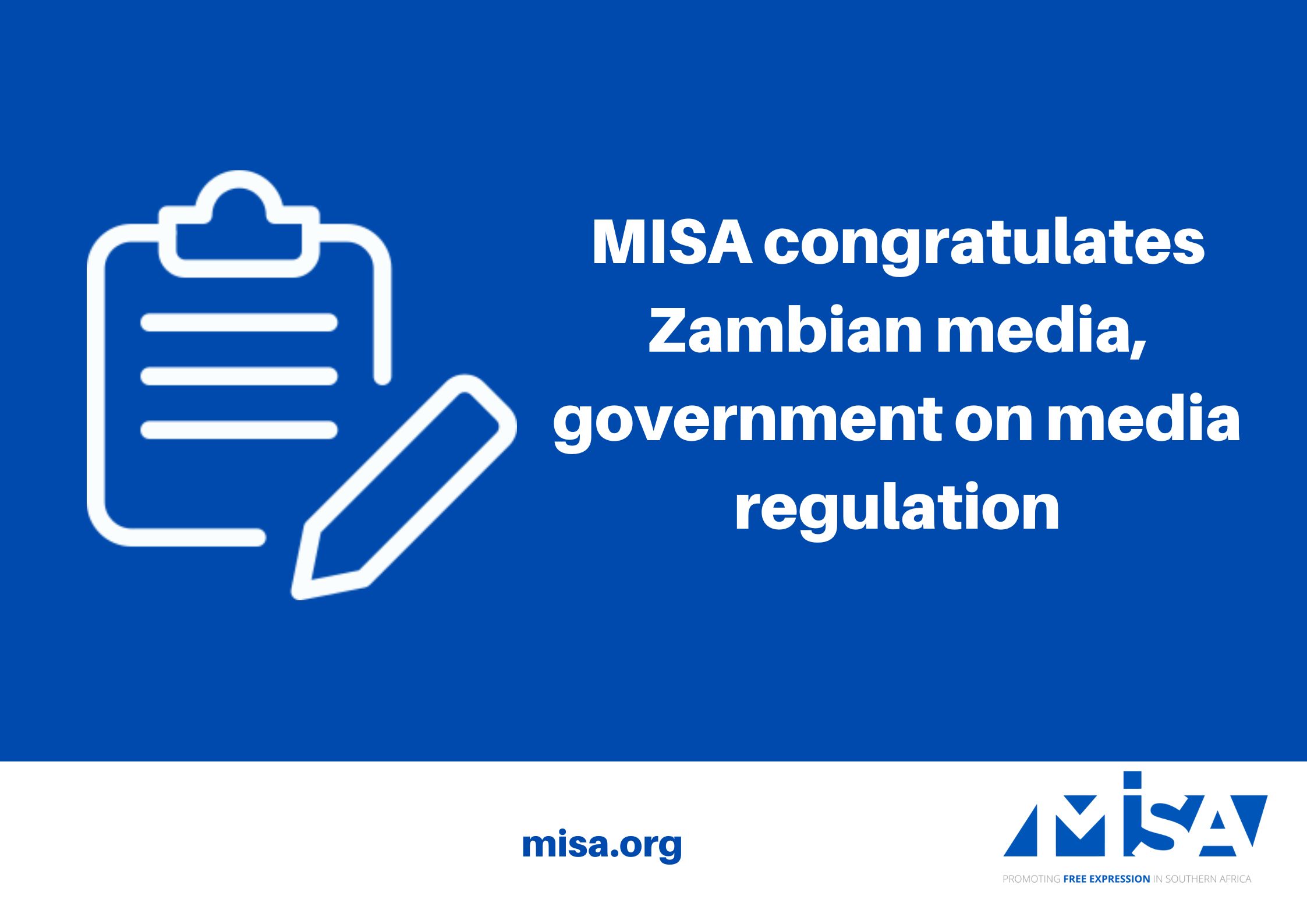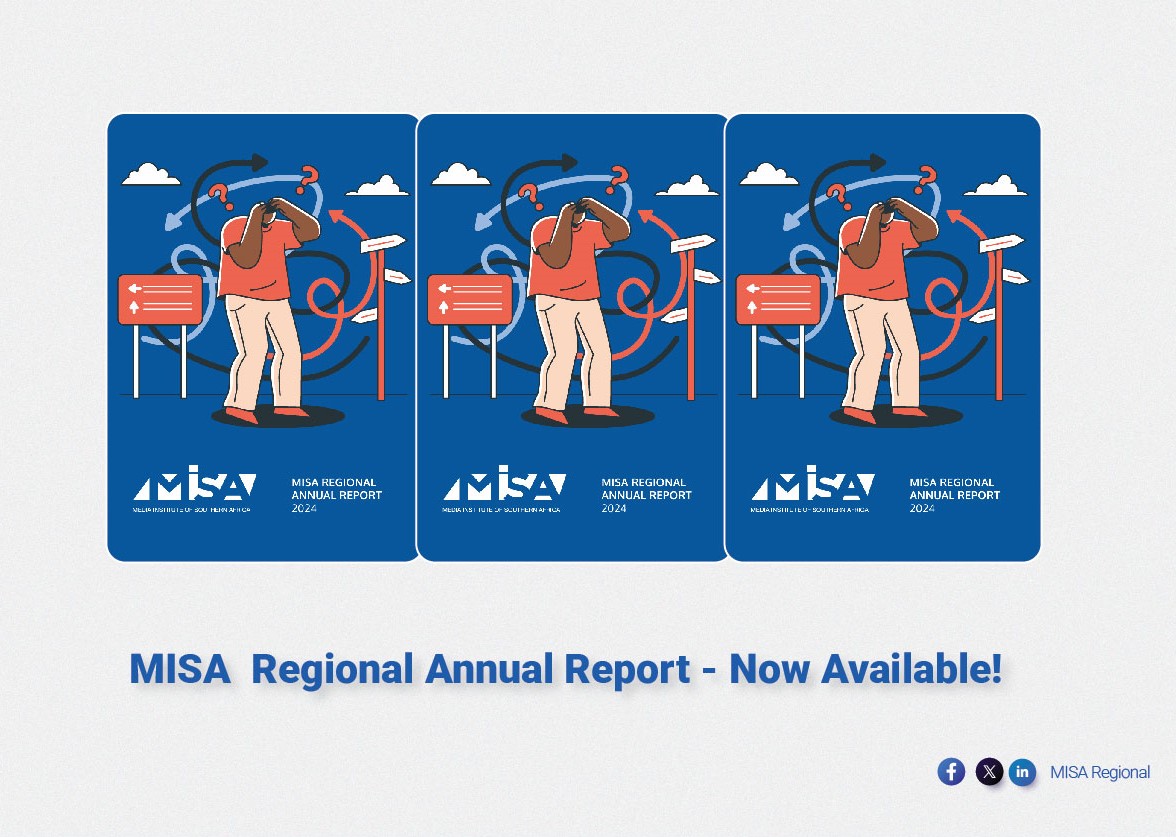There are dislocations between the progressive Constitution of Zimbabwe (2013) and the laws that were crafted under the Lancaster House Constitution, which the government of Zimbabwe is reluctant to repeal and replace with democratic legislation. This has perpetuated the restrictive environment within which the Zimbabwean media operates. Besides the laws, authorities have also hijacked publicly owned media entities such as the Zimbabwe Broadcasting Cooperation (ZBC), turning them into partisan ruling party mouthpieces. This is despite the fact that the constitution provides for independence of broadcasting services to ensure they are insulated from political and commercial interests.
The political stranglehold on the public broadcaster evidently plays out in its coverage of political events, particularly elections. Coverage of recent by-elections and political rallies are a testament to this. All the news stories and programmes covering the events were about ZANU PF, its leadership and candidates. The party’s opponents were only reported in the context of disparaging them.
With the private media struggling to provide sufficient counter narratives to the dominant public media due to both legal and extra-legal obstacles, it is important that Zimbabwe takes measures to restore the public service mandate of the public media ahead of 2018 elections. This will ensure that all shades of Zimbabwean opinion, political beliefs and activities are given space for citizens to make informed choices.
This call is not only grounded in the country’s constitution but regional and international instruments on freedom of expression and regulation of the media during elections. One such key document is the SADC Guidelines and Principles on the Conduct of Democratic Elections, which outlines that all member states should ensure that, “Equal opportunity for all political parties to access the state media…”
The African Broadcasting Charter equally spells out the duties of public broadcaster. It states that;
- All State and government controlled broadcasters should be transformed into public service broadcasters, that are accountable to all strata of the people as represented by an independent board, and that serve the overall public interest, avoiding one-sided reporting and programming in regard to religion, political belief, culture, race and gender.
- Public service broadcasters should, like broadcasting and telecommunications regulators, be governed by bodies which are protected against interference.
- The public service mandate of public service broadcasters should clearly defined.
- The editorial independence of public service broadcasters should be guaranteed, among others.
Against this backdrop, it is important that ZEC takes measures to ensure fair and equal coverage of all political actors and activity and thereby engender the holding of a democratic election in Zimbabwe.
Way forward
Zimbabwe must not miss an opportunity to make the legislative framework conform to the Constitution and other regional and international instruments that the country is signatory to. These include the Universal Declaration on Human Rights, African Charter on Human and Peoples Rights, Banjul Declaration on the Principles of Freedom of Expression in Africa, Southern Africa Protocol on Sport, Culture and Information and the African Charter on Broadcasting. In the absence of the said reforms, the SADC Guidelines and Principles on the Conduct of Democratic Elections will not be fully adhered to ahead of, during and after the 2018 poll. As a result, Zimbabweans will not fully enjoy media freedom, their right to freedom of expression, assembly, association, and access to information. Further, the continued failure of the state broadcaster and newspapers to provide equal access to the political players makes the competing environment uneven resulting in disputes on the credibility and fairness of the envisaged elections.
SADC Guidelines and Principles on the Conduct of Democratic Elections in the Southern African region and the Electoral Act are instructive in formulating policies that will address problems of the past. They provide for:
- Equitable treatment of all political parties and candidates in the extent, timing and prominence of the coverage accorded to them.
- A clear distinction between factual reporting and editorial commenting on the election.
- The affording of a right to reply to any claims by the political parties or candidates concerned to be false and that the media does not promote political parties or candidates that encourage violence or hatred against any class of persons in Zimbabwe.
Thus in line with dictates of the constitution and regional instruments on the holding of elections it is recommended as follows:
- The Electoral Law must set clear monitoring mechanism to ensure that state media complies with their public service mandate. The law should also provide clear sanctions and consequences for non-compliance.
- The Electoral law should be reviewed to widen the composition of the Media Monitoring Committee to include media stakeholders as a means of promoting transparency and accountability.
- ZEC should widely publicise its monitoring mechanism and measures to ensure equal and equitable access to the public media as well as guarding against the spewing of hate language in the media, especially by the public media.
- ZEC must demand coverage schedule from the public broadcaster based on contesting parties, assess its fairness, approve and monitor its implementation.
- ZEC and ZMC should ensure authorities comply with the constitution as it relates to securing the editorial independence and impartiality of the state media
- SADC should insist that ZEC enforces the SADC Principles on the Conduct of Democratic Elections where it pertains to political parties and citizens’ equal and equitable access to the state media, notably newspapers under the Zimpapers stable and the Zimbabwe Broadcasting Corporation.
- Review the code of conduct governing media during elections in consultation with the media stakeholders
- Repeal the laws that are in violation of the constitution. The laws should be replaced with democratic laws that conform to regional and international instruments on freedom of expression, access to information and media freedom.
- Ensure the transformation of ZBC into a true and genuine public broadcaster, which offers balanced and fair information that serves both national and public interests acceptable to all Zimbabweans. This entails there following:
- Observing its purpose, that of being the representative voice of every citizen of Zimbabwe
- Perform its mandate of being a service to the wider interests of society; professional discharge of contribute to socio-economic and cultural development of Zimbabwe; hold those in power accountable; provide credible and quality programming for all interests and promoting local content among others.
- Independent from political and commercial interests in all maters concerning content of its output, its editorial policy and putting in place policies that ensure protection from interference or attempts to compromise its independence.
- Public broadcaster should be well funded through: public broadcasting fees; production and broadcasting of adverts; sponsorship of programmes and donations & funds allocated through parliament
- ZBC must establish a clear public complaints mechanism to address public concerns and act on them.
- Ensure the establishment and strengthening of a three tier broadcasting system as provided for in the regional and international instruments which is made up of: the public, private and community broadcasting.
- Strengthen the governance structures of the public broadcaster to insulate its from political and commercial manipulation. The governance of the public broadcaster should be vested in the board of governor accountable to the public through parliament.
Paper presented to the Zimbabwe Elections Support Network (ZESN) as part of the policy analysis ahead of the 2018 general elections




